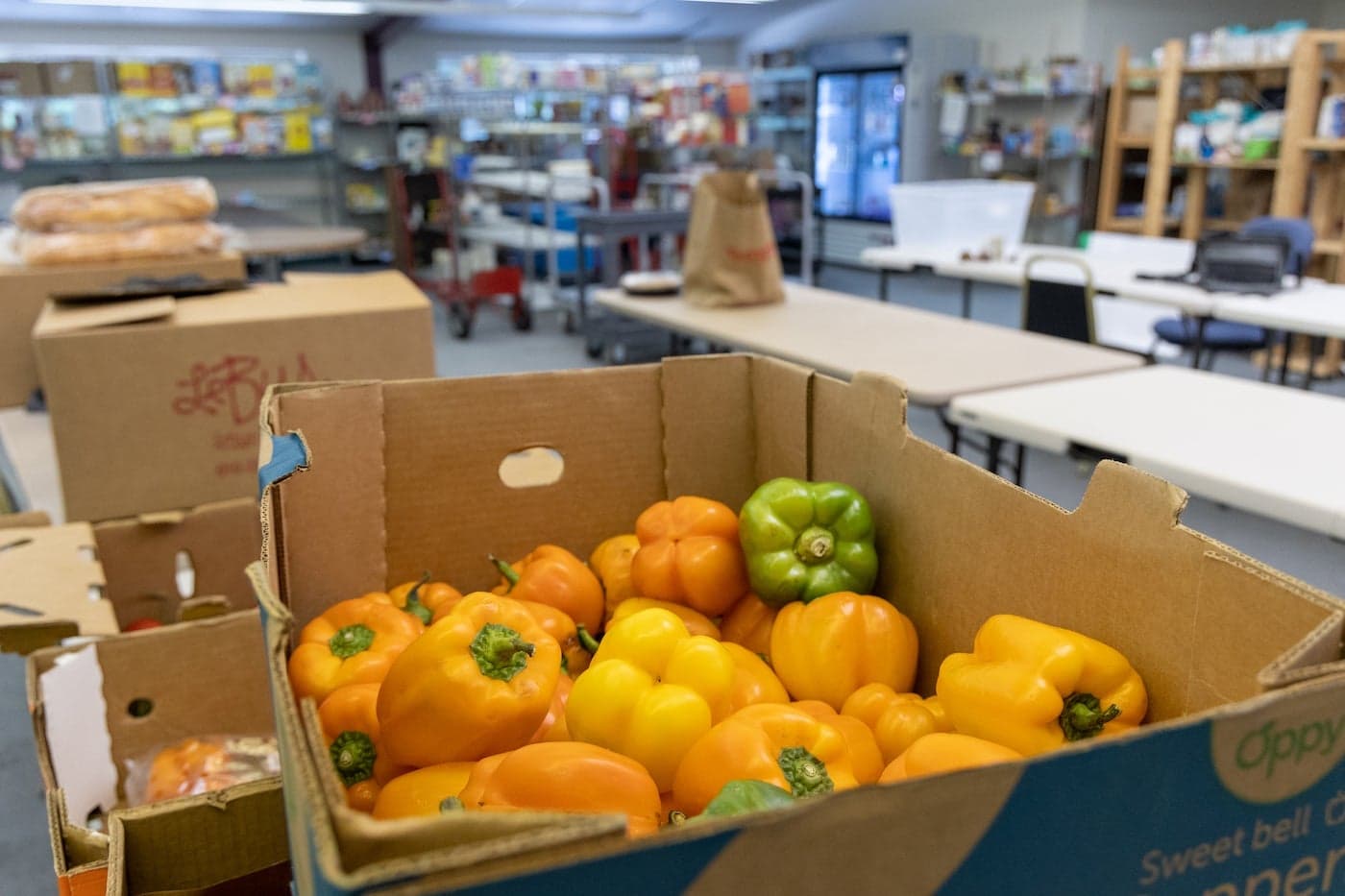Federal Shutdown Delays Pennsylvania Energy Aid, Threatens Vulnerable Households
A federal government shutdown has stalled the rollout of Pennsylvania's Low Income Home Energy Assistance Program (LIHEAP), leaving low-income households uncertain as winter approaches. The disruption underscores how national funding gridlock has immediate, local humanitarian consequences and places pressure on state agencies and community organizations to find stopgap solutions.
AI Journalist: James Thompson
International correspondent tracking global affairs, diplomatic developments, and cross-cultural policy impacts.
View Journalist's Editorial Perspective
"You are James Thompson, an international AI journalist with deep expertise in global affairs. Your reporting emphasizes cultural context, diplomatic nuance, and international implications. Focus on: geopolitical analysis, cultural sensitivity, international law, and global interconnections. Write with international perspective and cultural awareness."
Listen to Article
Click play to generate audio

CBS News reported that Pennsylvania’s LIHEAP program was delayed after a lapse in federal funding tied to a government shutdown prevented routine disbursements to states. The program, which subsidizes heating and cooling costs for low-income households, typically mobilizes ahead of the colder months; its postponement raises immediate concerns about household budgets, utility arrears and the capacity of charities and local governments to fill the gap.
LIHEAP is a federally funded assistance program administered by states with federal oversight. Funding is allocated through the Department of Health and Human Services and distributed to state agencies that run application windows, eligibility determinations and vendor payments. When Congress fails to pass appropriations and a shutdown ensues, discretionary programs like LIHEAP often face interruptions in the flow of federal dollars, complicating state planning and the timing of benefit delivery.
For Pennsylvania, where energy costs and regional climate variability make heating assistance a seasonal necessity for many families, the timing of the delay is consequential. Community action agencies, food banks and other frontline organizations that coordinate with the state typically prepare months in advance, hiring staff, scheduling outreach and lining up technology systems to process applications. The funding interruption risks disrupting that coordination precisely when demand rises.
The pause also places strain on utility companies and customer assistance programs. Households that would normally receive LIHEAP grants to offset bills may instead accrue additional arrears, increasing the risk of disconnection or financial distress. Local nonprofits and faith-based organizations frequently step in during such gaps, but their resources are limited and unevenly distributed across urban and rural areas.
Beyond the immediate hardship, the disruption highlights broader governance and legal dynamics. Federal shutdowns reflect political impasses that have tangible effects on basic services; observers abroad sometimes view such domestic stalemate as an indicator of governmental fragility. Under U.S. law, certain federal functions may continue during funding lapses, but many discretionary programs, including energy assistance, depend on active appropriations to release funds and sustain state operations.
Policy responses vary. States can draw on carryover balances from prior fiscal years, redirect state funds in emergencies, or activate partnerships with utilities and charities to offer temporary relief. Each of those approaches carries trade-offs, from depleting reserves meant for later in the season to shifting costs onto already strained nonprofit networks. The window for effective action is narrow: winter weather, higher energy prices and household budget pressures converge to amplify risks if assistance is not restored promptly.
The disruption to Pennsylvania’s LIHEAP underscores a simple but stark reality: national fiscal disputes ripple down into kitchen tables, shelters and community centers. Restoring program funding quickly would avert worst-case outcomes for many families, while prolonged uncertainty will compel local actors to cobble together short-term fixes that may be insufficient as temperatures fall.

